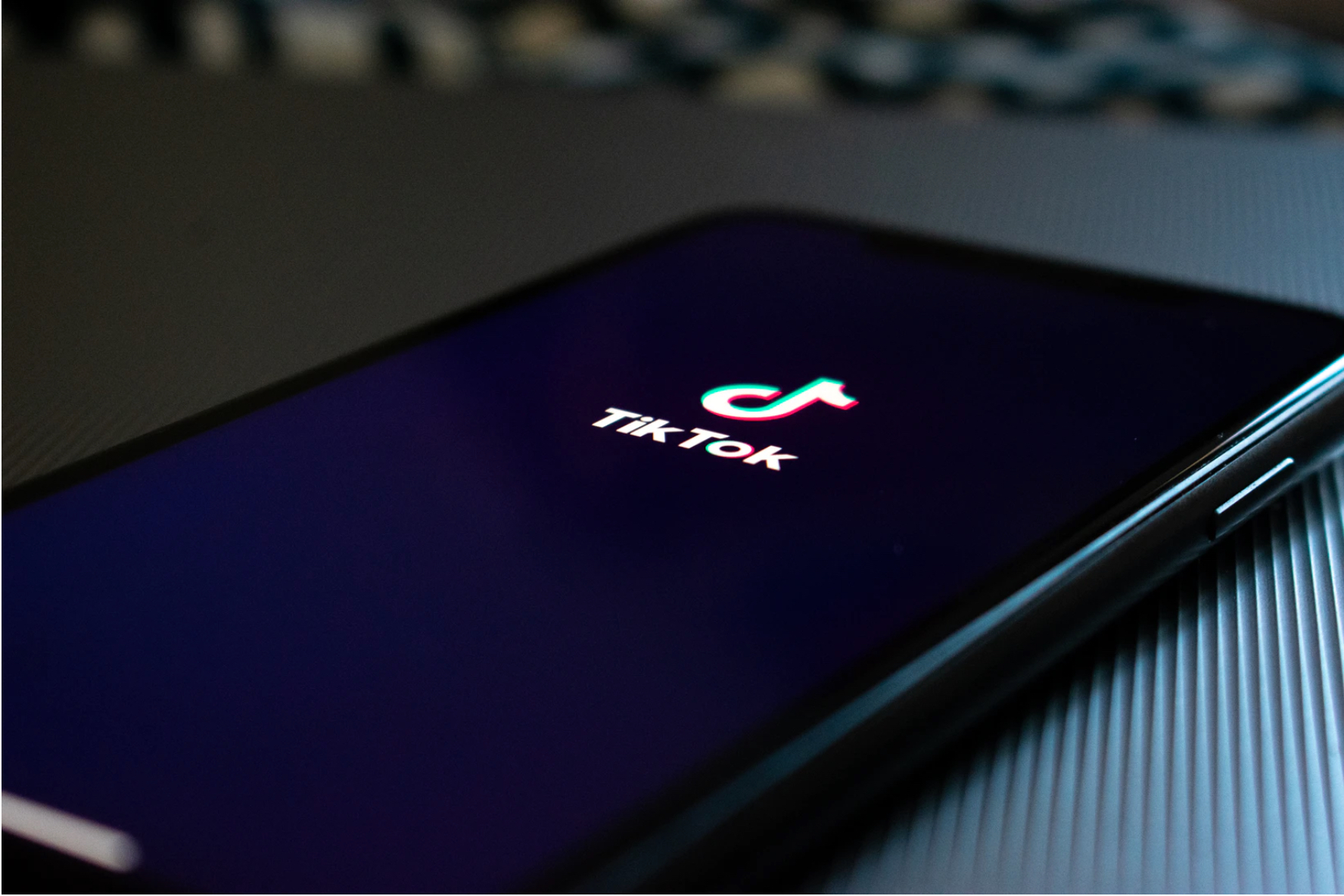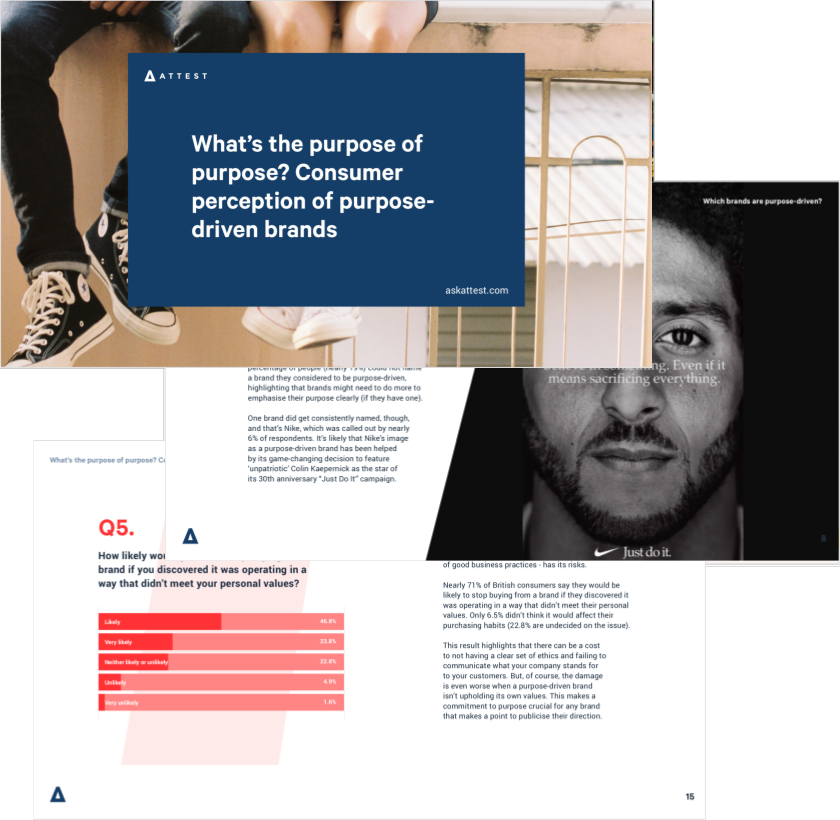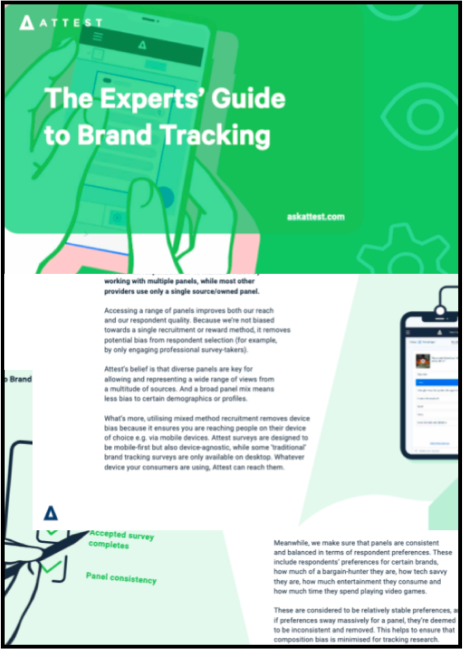Is TikTok the most authentic social media platform?

TikTok claims to be the most authentic social media platform out there. In a world where social media authenticity is more and more important, we asked 350 people what they thought to get a data-driven answer to the question: Is TikTok the most authentic social media platform?
There’s no denying that social media plays an ever-greater role in our lives, and that the role it plays has changed significantly over the years. Think back through the 17-or-so years it’s been since the advent of Facebook, Myspace, and Friendster, and it’s obvious just how much things have moved on. The question of social media authenticity has surged into the limelight over the last few years – a byproduct of the changing times, advances in technology, and a whole new generation of people using social platforms as part of their day-to-day.
Why should we care about social media authenticity?
At least some of the debate around social media authenticity stems from the rise of influencer marketing. It’s a category that’s seen unbelievable growth over recent years, and it isn’t without its controversy. There are calls for stricter regulation of social media influencers, with the argument being that they use their platforms to sell ‘perfectionism’, unachievable ideals, and straight-up lies. The opposite of authenticity.
Even for those whose follower numbers aren’t in the hundred-thousands, the pressure is on to present yourself in the best possible light – social feeds become a sort of ‘highlights reel’, and this cycle of curating content continues, with Psychology Today going so far as to call social media sites “a breeding ground for dishonesty”. It’s no wonder brands are starting to question the value of social listening data.
All of this clamour around social media authenticity has had the helpful side-effect of leaving people craving more of it, as is often the case when you realise something is missing.
People want more authenticity in their daily lives. They want to see beauty ads that feature ‘ordinary’ looking people. They want challenger brands, like Thinx and Elvie, that are unafraid to publicise the parts of life that we don’t normally talk about. They want age-agnosticism, they crave brand integrity, and they actively seek out brands that give back and serve a purpose.
More than ever, brands are upping their authenticity game on social media. They’re engaging in more conversation, owning up to mistakes, and shifting their focus to building relationships over pushing ROI. And the same thing goes for the social media platforms themselves. The big players are under pressure to encourage authenticity from their users, with Instagram leading the charge by trialing the removal of likes. One brand in particular claims to be championing authenticity above all others: new kid on the block, TikTok.
Is TikTok the most authentic social media platform?
You’ve likely heard of TikTok, even if you’ve never used it. The platform’s rise to fame has been nothing short of remarkable. Created in 2017, the video-sharing app now has over one billion downloads and over 500 million active users.
The team behind TikTok say that the authenticity of the social media platform is what sets it apart, and they hold it as one of their core values. They point to their extremely high engagement rates, and the fact that each 15-second video posted on the platform takes an average of 45 minutes to create – a much lower ratio than that of YouTube creators, for example.
It’s one of the very few platforms that celebrates the art of authenticity in its purest form, instead of playing up to who people want to be. TikTok speaks its own language and users are very quick to spot inauthenticity.
Amelia Westerberg, R/GA
Maybe it’s true that TikTok is predisposed to authenticity thanks to the nature of its platform and its audience. But the brand has also come under fire for things that call into question the integrity of the TikTok brand itself – it was fined $5.7mil last year for collecting personal information from under-13s, for example.
How can we understand whether TikTok is the most authentic social media platform? Easy – we ask people.
We used the Attest platform to ask a nationally-representative sample of 350 UK consumers what they thought of social media authenticity, and TikTok in particular.
Here’s what we learned:
People post on social media a lot – but they mostly post the best bits
When asked about their social media usage, 39.4% of people said they post on social media daily – less people (34.8%) post 2-3 times a week, and even less (20.9%) said they post 2-3 times a month.
But what do people tend to post? 48.8% of respondents said they post about the highlights of their life, rather than all aspects.
The majority of people edit their photos/videos, regardless of platform
Only 5.5% of people said they don’t edit their photos/videos before posting them. 33.4% said they usually do, and 26.4% said they always do.
People actually seem to spend more time editing TikTok posts than other platforms
41% of people said they spend more time editing their posts on TikTok compared to other platforms. It’s worth considering the nature of the content here – TikTok’s short-form videos will likely take longer to edit than a photo posted on Twitter. That said, 34.7% of people said they spend less time editing posts on TikTok than they do on other platforms, which goes to show the variety in the TikTok offering and how it’s used.
People don’t think TikTok is all that authentic
Here’s the killer question. Only 10% of respondents chose TikTok as the most authentic social media platform – Facebook came in first place with 22.6%, and Instagram sits in second with 19.1%.
…But it might not be all TikTok’s fault
People are pretty divided on whether social media authenticity exists at all. In general, people think that everyone is capable of being both honest and dishonest on social media – and it’s probably hard to tell the difference.
39% of people said that people are sometimes honest and sometimes dishonest, followed closely by the 23.5% of people who said that people are mostly dishonest on social media. There’s one thing that they could agree on, though – over 90% of respondents either somewhat or completely agreed that people present a ‘perfect’ version of themselves on social media.
Conclusion:
Social media authenticity is more than a talking point. We’re seeing a greater emphasis on it from brands and consumers. TikTok places authenticity at the core of its values – but it might not be translating entirely to its users. Whether that’s a side-effect of an overall untrustworthy social media landscape, or a problem unique to TikTok, is another question – but if TikTok’s brand purpose is to bring more authenticity, diversity, and creativity to the modern world, then it’ll need to work hard for it.
How much does brand purpose actually sway consumers? Does it actually matter as much as people say it does? The short answer: yes. For the longer (and way more interesting) answer, grab your copy of our report all about consumer perceptions of brand purpose:
Tell us what you think of this article by leaving a comment on LinkedIn.
Or share it on:


